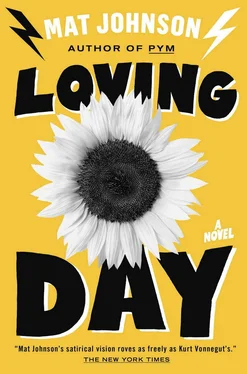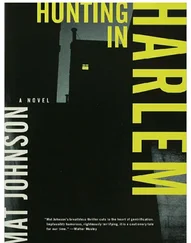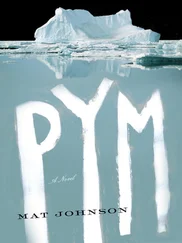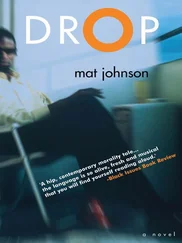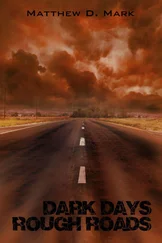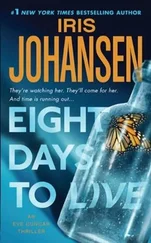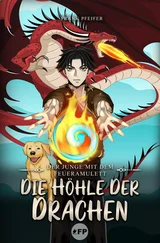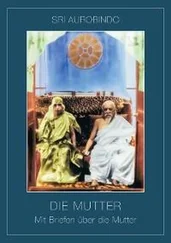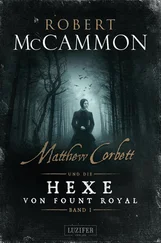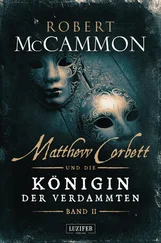“Twins!” Dot says, and there is graveled triumph in this declaration. Victory that she’s still alive to say it, again, and Art winces, dramatically It is clearly a practiced overture, the signature opener of their repertoire. Still a crowd pleaser, even after years of being downgraded from the Broadway of youth to old age’s community theater.
“And this is my daughter, Elissa,” Dot tells me and I look to the side and there is Cindy Karp, twenty years older and back from the grave to haunt me. Same kind of eyes, same kind of hair, exactly the same kind of general disapproval I imagined on her face that last phone call. I know it’s not her, just a cousin, a co-sharer of genetic memory, but I start to sway anyway. I remember to introduce myself. I am Warren Duffy. I’m a grown man now, but I was once the callow youth who owned the penis that once poked your angelic little Cindy, no doubt dooming her. This is my lovely daughter, you know her much better than I, but without her I would be unconscious at this moment. But all I say is my name, and my great joy at meeting them. They look down to the side of me. Smiles freezing. At Roslyn, who has been pushed up to a place setting at the table. They look at Roslyn’s skull; her neck has quit its job. The head has lobbed forward, stopped only by her chin on her breastbone. All you can see of her is the curls of her hair: thick, mostly salt-and-some-pepper spirals rolling from her scalp and stopping just short of the table in front of her.
“This is my friend. Roslyn. She directs the learning center Tal is enrolled in,” I tell them when they look back at me, wondering. “Roslyn?” I ask, leaning in closer to her, smiling enough for both of us. “Roslyn?” again, yet nothing but a light moan comes back to me.
“Is she…?” Art drifts, waiting for me to complete his sentence. What he is asking I have no idea. Is she disabled? Is she my mom? Is she sick? Is she dead?
“Yes,” I tell him, then give a sad look as further answer, and both he and his sister smile knowingly and suddenly all this is normal.
“I thought you’d be blacker,” Dot tells me.
“Mom! No! You can’t say things like that. Please forgive her,” the daughter says to me. Elissa even reaches out her hand in front of me like she can shield me from her mother’s lack of tact.
“No, it’s okay. I totally expected to be blacker also. Every time I look in the mirror, it’s a shock, trust me.”
“You know I don’t mean anything racist by it,” Dot tells me, and I look deep within myself, but I don’t know that at all. Still, I’m very willing to pretend, so nod accordingly. “It’s just, I remember when Cindy said she got pregnant by a black guy, we were expecting a much darker baby, but Tal came out white. I just thought maybe she got confused: Cindy was a wild one.”
“Oh my God, please kill me,” Tal says, and with a thump her forehead hits the table as she hides her face like an ostrich. She looks like she’s doing a Roslyn impression.
“Mother, cut it out, or I’m leaving. Just stop. Just stop now.”
“My daughter thinks I’m a racist. Ever since I voted for McCain.”
“You are not a racist. So stop acting like one.”
“This is why I never had kids.” Art laughs.
“You’re gay. That’s why you didn’t have kids,” Tal mumbles into the table, but we all hear it. Oh dear. Oh my. My daughter is a homophobe.
“Tal!” both mother and daughter yell together. This family, they yell. Now mother and daughter are united. They look at each other silently, and the look says, The demon is back . Art gets up, asks if anyone wants anything from the kitchen, and leaves. Then, no one talks.
Dot reaches for her drink, then finally mutters, “Not true. And mean.” Elissa excuses herself to escape to the kitchen as well. On my side of the table, I’m the only one sitting upright to witness this disaster.
“My brother has always lived alone. Always has. That’s the problem with being a single man of maturity. People cast aspersions. It’s as if, despite all of the overcrowding on this planet, the environment and all that, somehow living the life of a bachelor is suspect, perverted. Now that’s racist.”
“Yes,” Art says, returning with a glass of Irv’s whiskey in hand, looking me straight in the eye. He winks at me.
“And because he chose to work in the theater. He’s just creative,” Dot adds.
“Sure,” Art, rolling his eyes at someone, agrees with her.
“I mean: even his name is Art!” Dot says, and we all laugh too hard, because we are back on script again.
—
Horseradish is hot sauce for Eastern European Jews. These guys put it on everything, even apples. When the food comes, Tal lifts her head up, acts like nothing has ever happened, and thereby joins the rest of us. I turn to Roslyn.
“It’s dinnertime,” I tell her, just to not be rude, and a miracle takes place. Roslyn’s head lifts. The hair pulls back, and that face pops back into play.
“Starved,” she says, and we’re back to single syllables, but this is still an improvement. The others look over at her, grin and nod, but keep talking, as if she only left to take a little nap, a little necessary self-indulgence, and now she’s right as rain and not reaching all the way across the table to violently yank a chunk off the challah. Roslyn says no more after that, but it’s okay because I don’t talk either, and Tal barely does, even when asked direct questions. Seeing her interacting with them, I realize how honored I am. In my presence, she has been downright gregarious in comparison. Tal catches me staring at her, and her tongue sticks out in my direction. There are bits of bread on it that look like little brown slugs and I flinch in disgust. Tal looks at her reflection in her spoon, giggles. I smile with her. Irv looks over at her, me, grins too. His face is red. He is completely lit. In a second, he’s up to get even more wine, but he leans over and whispers into my ear, “So what, I’m drunk. Tonight’s the night I got to tell my granddaughter I’m dying.”
—
I feel tipsy, decide to slow down. For my daughter. And so I can drive out of here. The door’s closed to the study and I can see it from the table and Tal went in there with Irv and after ten minutes I know she knows he’s battling cancer. I strain to listen for crying. The table is loud, though. Because they’re all drinking, too. Just a few bottles of malbec, but enough to get things lubricated. I stare at the door, and I keep one of the bottles in front of me and when the family is distracted I pour back the rest of my glass.
“This school you have Tal at, the one for all black kids, what’s that all about?” Dot asks. I don’t really hear the sentence at first, it’s background noise, something I have to go back and decipher once I realize it’s aimed at me.
“It’s a special program for biracial children.”
“Black, kinda black, black-ish — you know what I’m talking about.”
“Mother, please. I will leave. You’re being a boor.”
“No, you always say I treat you like a child — you love saying that — well don’t treat me as one. We’re all adults. We’re all adults here. This is an adult conversation. We’re all supposed to be ‘post-racial’ now, right? Everyone’s saying we have to be ‘post-racial.’ It’s segregation. I don’t know why Tal couldn’t just go to Kadima like Cindy and you did.”
“ ‘A school for open Jews who want their children to have it all.’ ” It comes from Roslyn, who’s looking up at Dot. Dot stares back, speechless. I can’t tell what she’s more surprised about: what Roslyn said, that she’s not mentally impaired, or that she’s even talking.
Roslyn looks fine now. Groggy, but fine. I have not killed her. So there’s that.
Читать дальше
